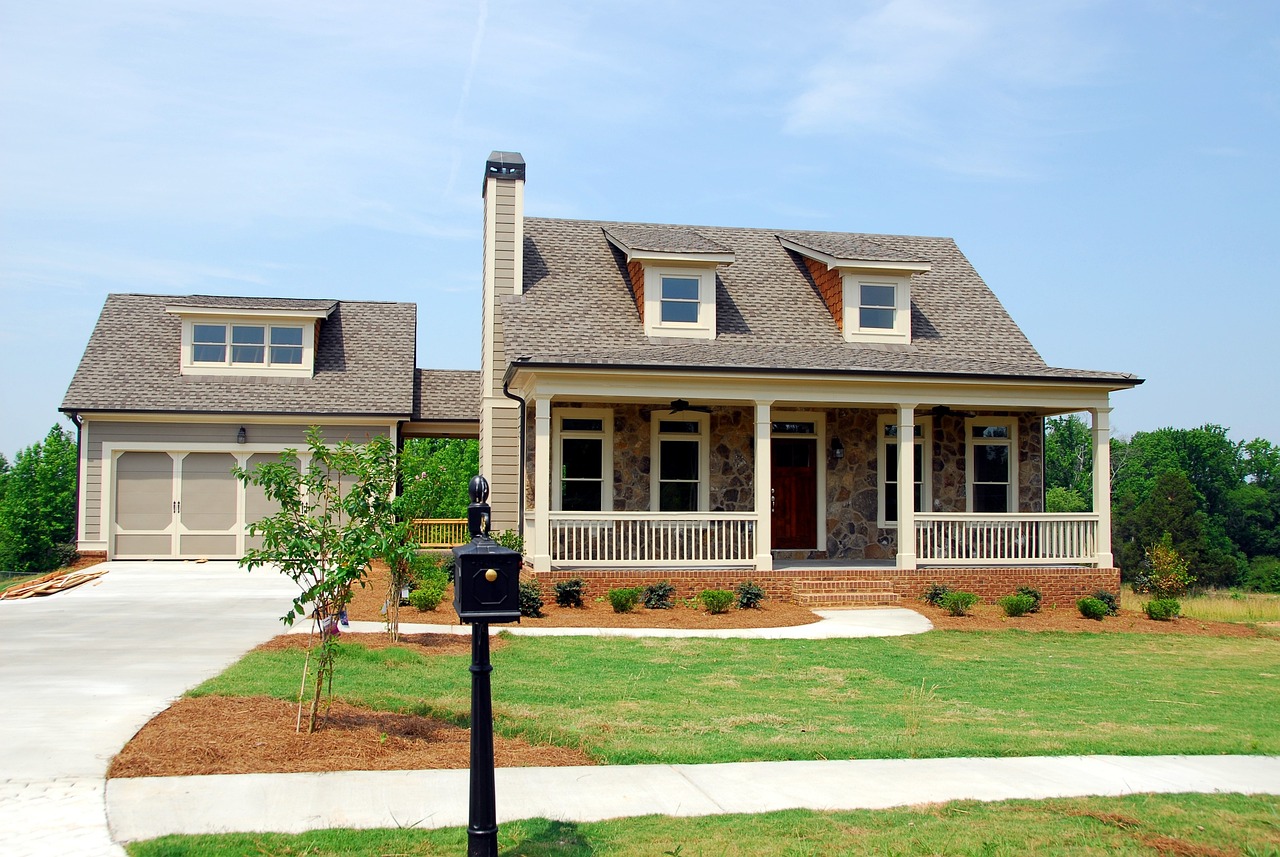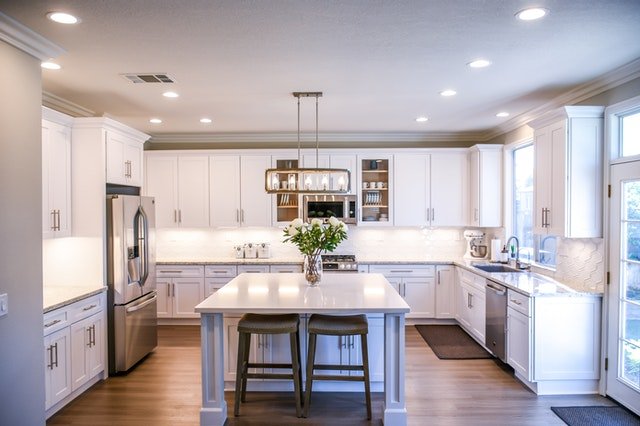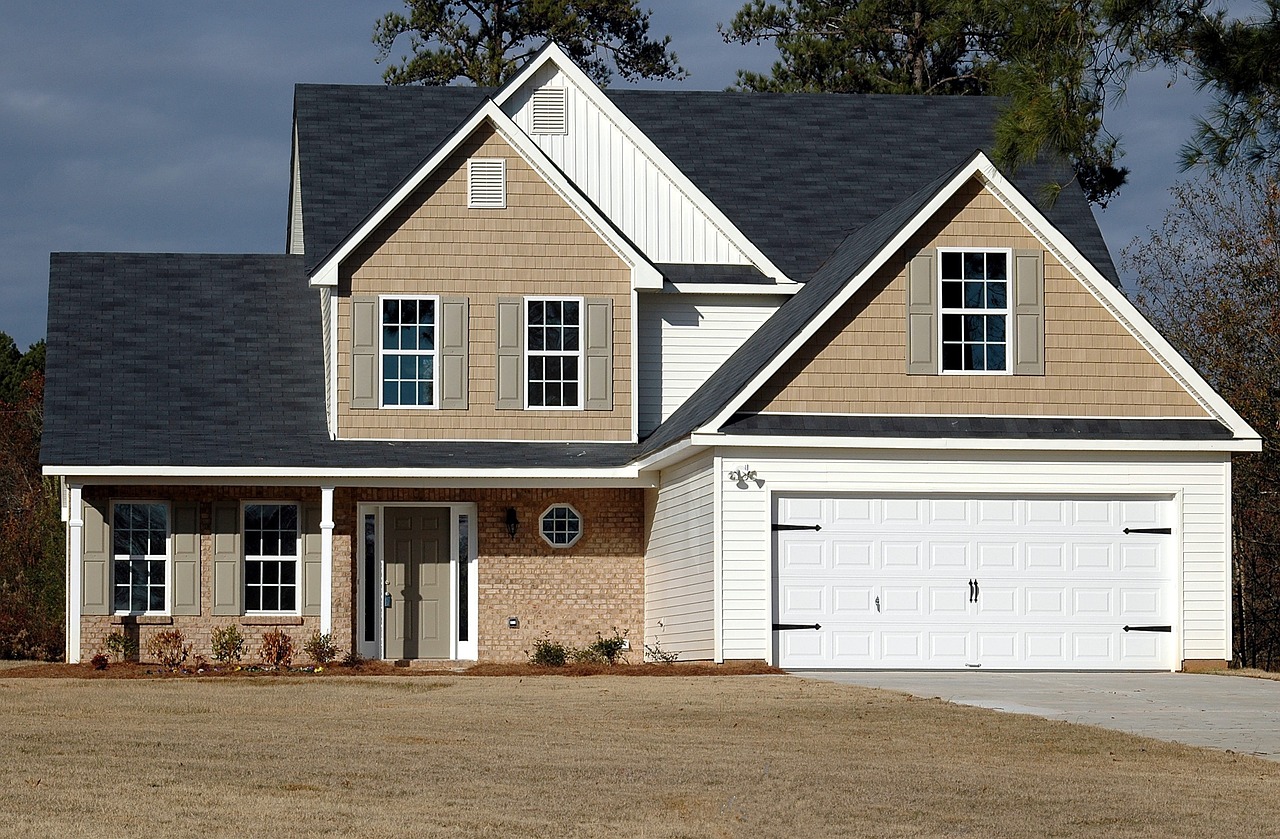Hard Money Loan Calculator | Fix & Flip, DSCR, Construction
Run the numbers before you buy. Our free hard money loan calculator models fix and flip, DSCR rental, bridge, and ground up construction deals. Enter purchase, rehab, ARV, rate, points, and timeline to see loan amount, LTV and LTC, cash to close, monthly interest, and projected profit. Nationwide service, fast closings, low rates.
Fix & Flip Calculator
Rate shown is typical. Your qualified rate could be lower.
Monthly payment will not include renovation costs.
This is not a commitment to lend. This tool estimates project numbers and interest. Final terms are subject to underwriting, valuation, and credit approval.
Bridge Calculator
Rate shown is typical. Your qualified rate could be lower.
This is not a commitment to lend. This tool estimates interest-only payments. Final terms are subject to underwriting and a final term sheet.
Debt Service DSCR Calculator
Deal Breakdown
LTV Scenarios (Refinance)
Rates may vary by LTV. DSCR below 1.00 can still be eligible, but rate may increase. All figures are illustrative estimates; actual terms depend on credit, full underwriting, and property location.
This is not a commitment to lend. Final terms are subject to underwriting and a final term sheet.
Ground Up Construction Calculator
| Month | Principal | Interest | Taxes | Insurance | Total |
|---|
*Monthly interest assumes interest-only on the full loan balance for the entire term. Real draw schedules may reduce actual interest. This is not a commitment to lend; final terms are subject to underwriting.
How to Use Our Hard Money Loan Calculator for Fix & Flip, DSCR, Bridge, and Construction
Enter your numbers to model the deal. The calculator estimates loan amount, cash to close, monthly interest, total interest, LTV, LTC, and projected profit for investment properties. After you hit Calculate, click “Get a custom quote” below your results to send your scenario to our team for personalized pricing and terms.
Fix and Flip Calculator: add purchase price, renovation budget, ARV, project length, interest rate, points, taxes, insurance, and utilities to see profit and cash to close.
Bridge Loan Calculator: estimate interest only payments and cash needed to close while you refinance or sell.
DSCR Calculator: enter market rent and operating expenses to view the DSCR ratio and estimated monthly payment for a rental loan.
Ground Up Construction Calculator: include land cost and build budget to estimate draws, interest carry, and potential exit numbers.
Results are estimates for business purpose, non-owner-occupied properties and are subject to underwriting, valuation, and credit approval. We lend nationwide in approved states with fast closings and competitive terms.






What Is a Hard Money Loan? How It Works for Real Estate Investors
A hard money loan is short term, asset based financing that lets real estate investors act quickly on opportunities. Approval focuses on the property, scope, and exit strategy rather than W-2 income or DTI. Terms are typically interest only for 6 to 24 months.
Why investors choose hard money
Speed to close so you can win competitive deals
High leverage with programs offering up to 90% loan to cost on eligible fix and flip projects
Flexible documentation with common sense underwriting
Renovation and construction draws tied to milestones
Works across strategies including fix and flip, bridge, DSCR rental, and ground up construction
Availability, leverage, and pricing vary by state, experience, and deal metrics. Run your numbers above, then click “Get a custom quote” or Apply Online for next steps.

OPTIMUS CAPITAL
Flexible Loans For Investors
What to Gather Before You Use the Hard Money Loan Calculator
Set yourself up for accurate results. Have these numbers ready (they’ll differ slightly by calculator tab).
For Fix & Flip / Bridge
Purchase price / As-Is value
Renovation (rehab) budget
After-Repaired Value
Hold period (months)
Interest rate (%) and origination points (%)
Down payment (%)
Property taxes & insurance (annual)
Other closing costs (title/escrow, recording, transfer taxes)
Monthly utilities/HOA (carrying costs)
Finance renovation?
For DSCR (Rental) Calculator
Market rent and any other income
Vacancy factor and operating expenses (taxes, insurance, HOA, management, maintenance)
Interest rate, points, and loan term (DSCR loans are typically 30-year, interest-only or fully-amortizing)
Down payment (%)
For Ground-Up Construction
Land cost / lot value
Build budget and contingency
Projected ARV / stabilized value
Draw schedule and build timeline (months)
Interest rate, points, and closing costs
Glossary of Terms
General
Terms
Hard Money Loans
Hard Money Loans usually are a very route to financing your fix and flip deals. These type of loans are usually based on the property’s value, both As Is and After Repaired Value and not as much on the buyer’s qualifications. These types are most expensive than traditional loans issued by banks.
Less Paperwork
These types of loans usually involve much less paperwork and in many cases your income is not a requirement. There is no DTI requirement involved with traditional bank loans. These loans can usually be closed very quickly, sometimes in days.
Short-term Loans
Banks on average require much more time. These types of loans are known as “bridge loans” meaning they are short-term loans designed to assist the acquisition of a property for a real estate investor. The real estate investor usually then remodels the property and sells it on the market afterward.


